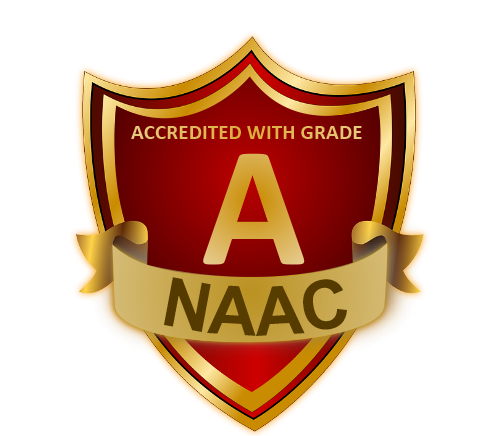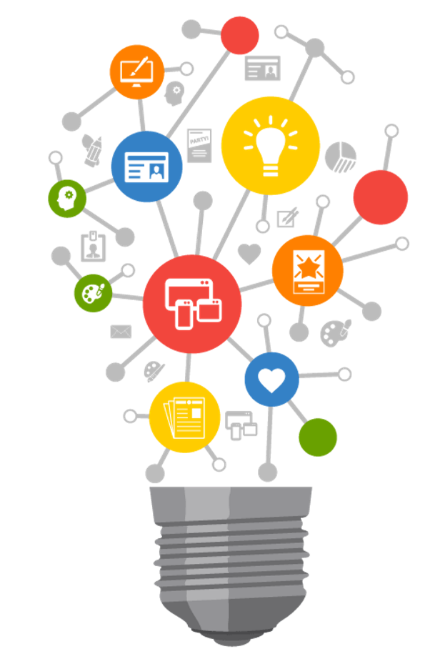 Counselling Code: 2734
Counselling Code: 2734


DEPARTMENT of computer science and engineering
PROGRAM EDUCATIONAL objectives
PROGRAM EDUCATIONAL OBJECTIVE 1
Graduates with strong fundamentals in Computer Science and Engineering to have a Successful career
PROGRAM EDUCATIONAL OBJECTIVE 2
Professional development through higher education and entrepreneurship
PROGRAM EDUCATIONAL OBJECTIVE 3
Outshine in creativity, innovation and multidisciplinary research
PROGRAM EDUCATIONAL OBJECTIVE 4
Excel in leadership qualities with social responsibilities and ethical values
PROGRAM EDUCATIONAL OBJECTIVE 5
Ability to explore their skills and resourcefulness to invent, design and realize novel Technologies.
OUR
PROGRAMME SPECIFIC OUTCOMES
PROGRAM SPECIFIC OUTCOME 1
Technical and Professional Skills: Ability to understand and apply appropriate data structure and suitable algorithm for real world problems using open-ended programming environments.
PROGRAM SPECIFIC OUTCOME 2
Successful career and research ability: Ability to employ modern platforms in career and to provide innovative solutions for identified research gaps in various computing domains.
